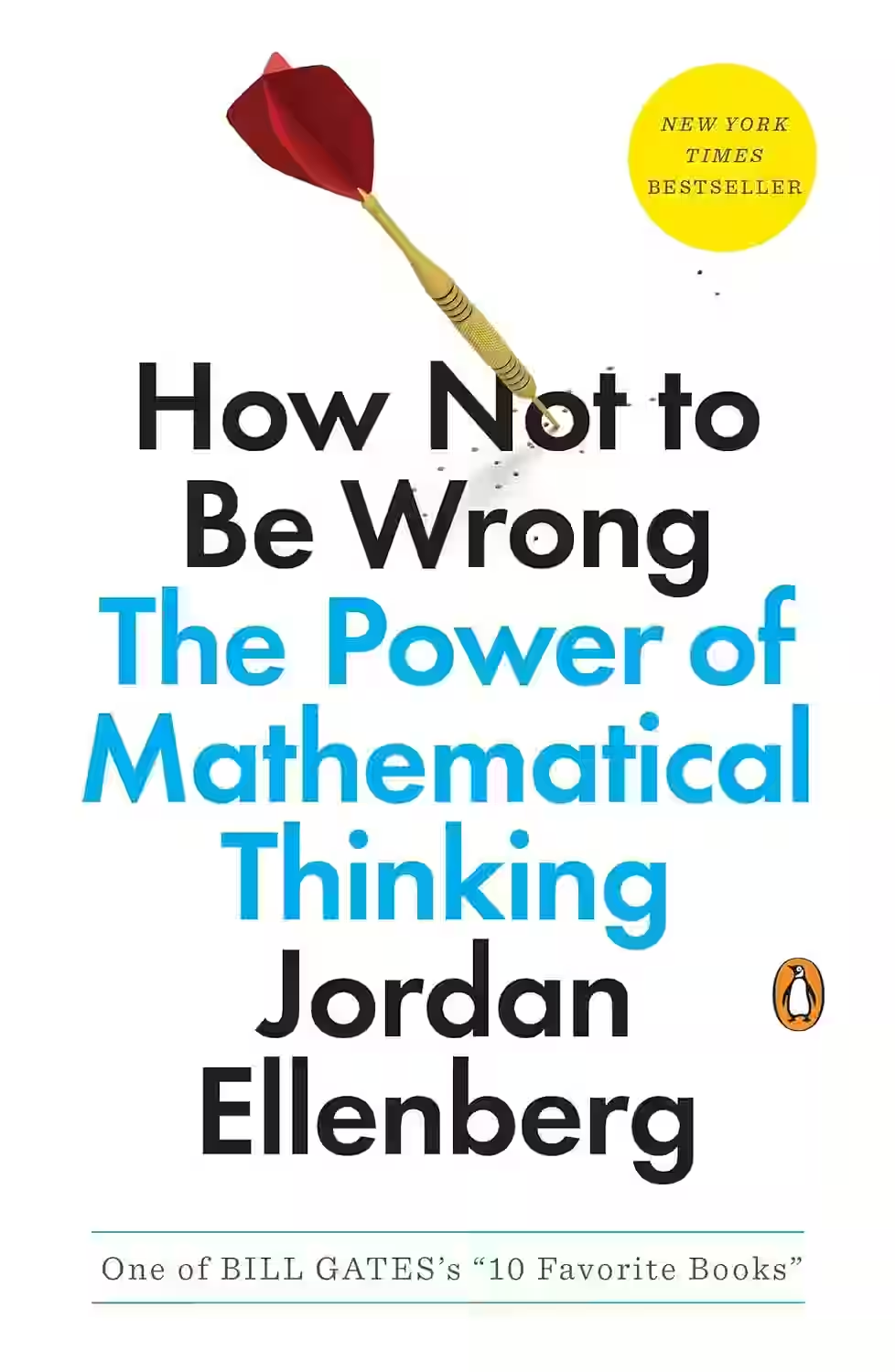
In 'How Not to Be Wrong: The Power of Mathematical Thinking' by Jordan Ellenberg, readers are taken on a captivating journey through the world of mathematics and its practical applications in everyday life. Ellenberg masterfully explores how mathematical reasoning can be utilized to make better decisions, solve complex problems, and navigate a data-driven world with confidence. Through engaging anecdotes and clear explanations, he demystifies mathematical concepts like statistics and probability, showing readers that math is not just about numbers but about critical thinking and problem-solving. This insightful and thought-provoking book challenges readers to embrace the power of mathematical thinking in all aspects of their lives.
About Jordan Ellenberg
Jordan Ellenberg is a prominent American mathematician, writer, and professor known for his contributions to the fields of algebraic geometry and number theory. Born in 1971, Ellenberg graduated from Harvard and earned his Ph.D. from Princeton University. He currently serves as a Vilas Distinguished Achievement Professor of Mathematics at the University of Wisconsin-Madison. Ellenberg is widely acclaimed for his bestselling book 'How Not to Be Wrong: The Power of Mathematical Thinking,' which showcases his talent for making complex mathematical concepts accessible and engaging for a general audience. His work has had a profound impact on promoting numeracy and critical thinking skills across disciplines, solidifying his reputation as a visionary in the world of mathematics and literature.
Similar Books
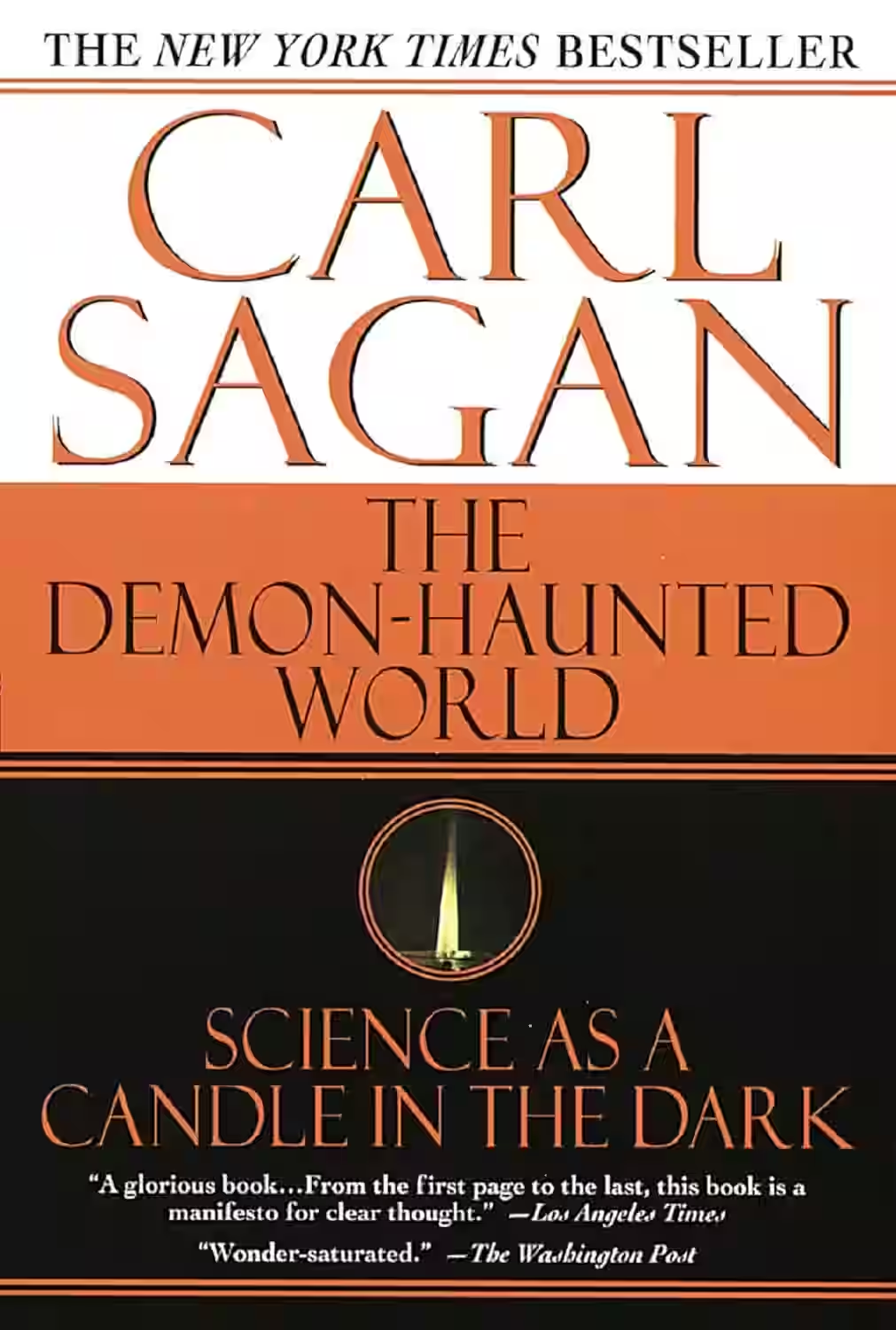
The Demon-Haunted World: Science as a Candle in the Dark
by Carl Sagan
In 'The Demon-Haunted World: Science as a Candle in the Dark', the iconic astrophysicist Carl Sagan explores the importance of critical thinking and the scientific method in a world often plagued by pseudoscience and superstition. Sagan takes readers on a journey through the wonders of the cosmos while also addressing the dangers of ignorance and irrationality. Through captivating anecdotes and compelling arguments, he advocates for a society that values evidence-based reasoning and skepticism. This enlightening book serves as a powerful reminder of the immense potential of science to illuminate our understanding of the universe and combat misinformation.
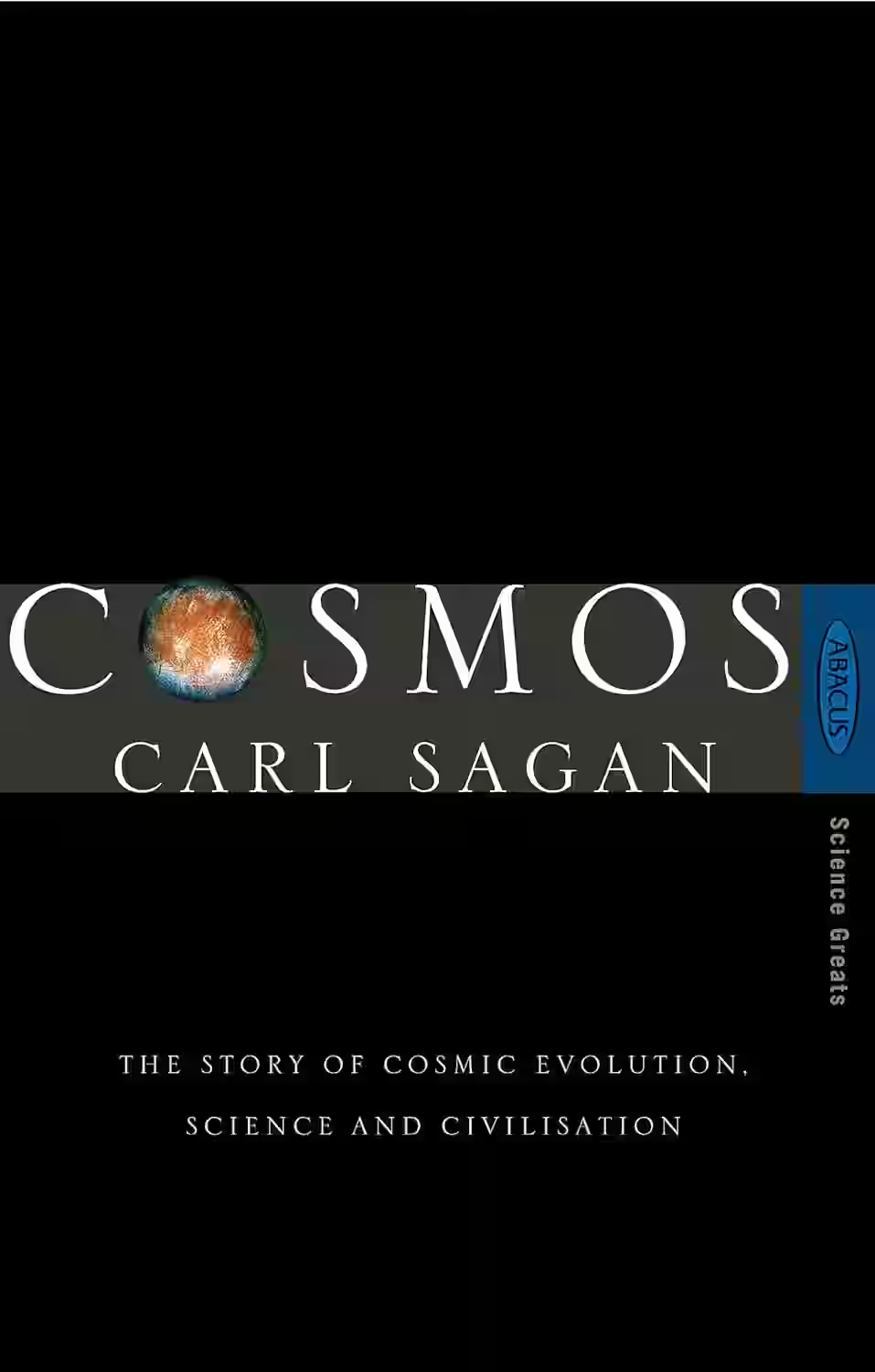
Cosmos
by Carl Sagan
In Carl Sagan's 'Cosmos', readers embark on a thrilling journey through the vast cosmos, exploring the wonders of our universe and humanity's place within it. With profound insight and poetic prose, Sagan delves into topics like space exploration, evolution, and the origins of life, bridging science and philosophy seamlessly. Through this masterpiece, he ignites a sense of curiosity and awe, urging us to ponder our existence and the mysteries of the cosmos. 'Cosmos' not only educates but also inspires readers to embrace science and reason, fostering a greater appreciation for the interconnectedness of all things.
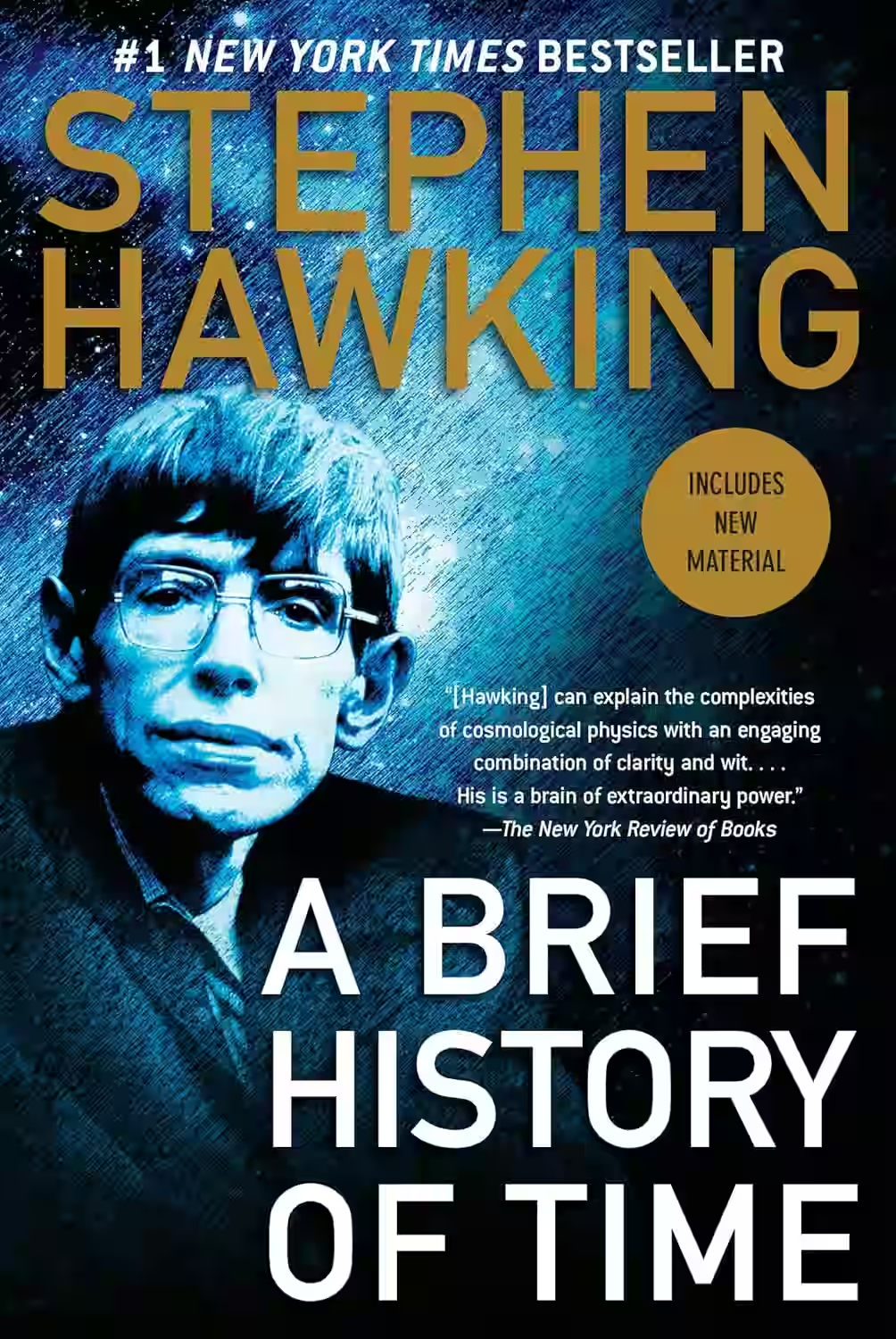
A Brief History of Time
Was there a beginning of time? Could time run backwards? Is the universe infinite or does it have boundaries? These are just some of the questions considered in the internationally acclaimed masterpiece by the world renowned physicist - generally considered to have been one of the world's greatest thinkers. It begins by reviewing the great theories of the cosmos from Newton to Einstein, before delving into the secrets which still lie at the heart of space and time, from the Big Bang to black holes, via spiral galaxies and strong theory. To this day A Brief History of Time remains a staple of the scientific canon and its succinct and clear language continues to introduce millions to the universe and its wonders.
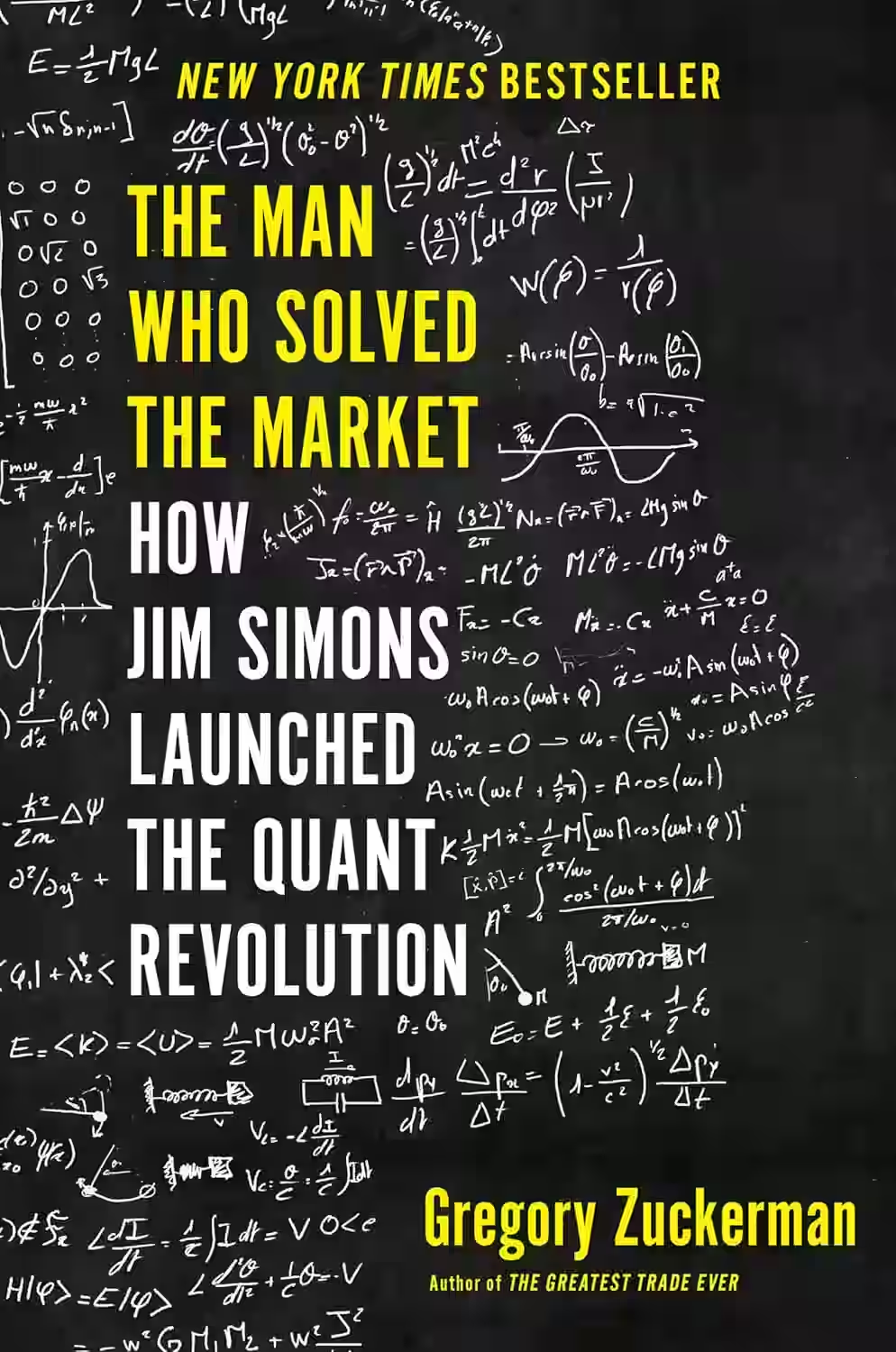
The Man Who Solved the Market: How Jim Simons Launched the Quant Revolution
In 'The Man Who Solved the Market', Gregory Zuckerman delves into the fascinating world of finance and mathematics through the lens of legendary investor Jim Simons. The book offers readers a detailed exploration of how Simons revolutionized investing through quantitative strategies at his firm, Renaissance Technologies. Zuckerman delves into Simons' life story, the challenges he faced, and the groundbreaking techniques he employed to outsmart Wall Street. Through meticulous research and compelling storytelling, Zuckerman provides keen insights into the complexities of financial markets and the brilliance of Simons' approach. This book is a must-read for anyone intrigued by the intersection of math and money.